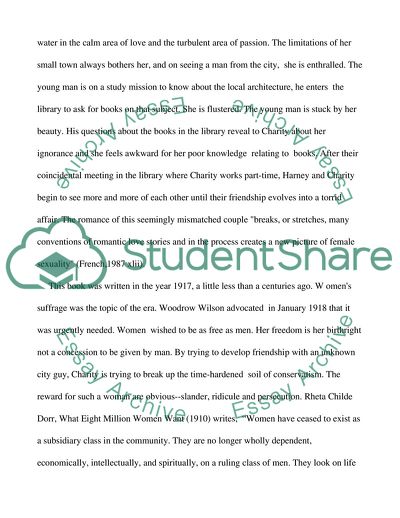Cite this document
(Analysis of Edith Wharton's Summer Book Report/Review, n.d.)
Analysis of Edith Wharton's Summer Book Report/Review. https://studentshare.org/literature/1732853-edith-whartons-book-summer
Analysis of Edith Wharton's Summer Book Report/Review. https://studentshare.org/literature/1732853-edith-whartons-book-summer
(Analysis of Edith Wharton'S Summer Book Report/Review)
Analysis of Edith Wharton'S Summer Book Report/Review. https://studentshare.org/literature/1732853-edith-whartons-book-summer.
Analysis of Edith Wharton'S Summer Book Report/Review. https://studentshare.org/literature/1732853-edith-whartons-book-summer.
“Analysis of Edith Wharton'S Summer Book Report/Review”. https://studentshare.org/literature/1732853-edith-whartons-book-summer.


